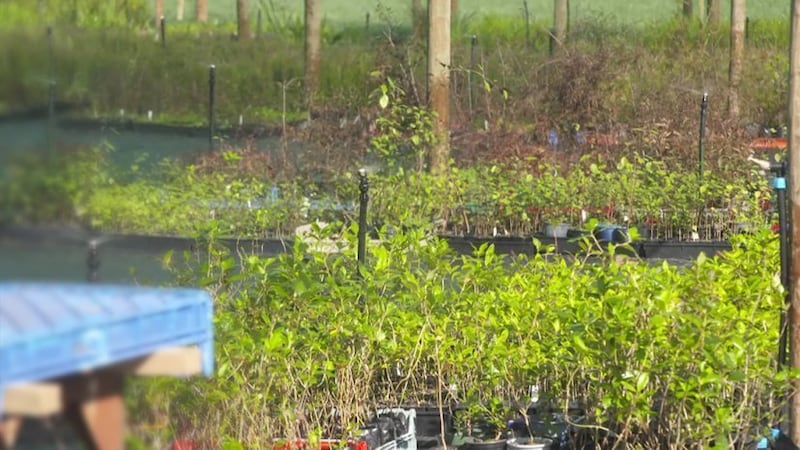Karaitiana Taiuru a Māori intellectual property specialist says prior to revisions of the Plant Variety Rights Act, scientists from overseas could come to Aotearoa, commandeer and then re-engineer plants, with no repercussions or Te Tiriti obligations. Photo / File
Māori will finally have rights as kaitiaki protected against commercial interests who seek to monetise and corporatise indigenous plant species.
The Plant Variety Rights (PVR) Bill passed its third and final reading in Parliament on Thursday. The law governs commercial rights granted to breeders of plant varieties, enabling them to authorise and charge for the production of new varieties of seeds, or other reproductive material.
Originally enacted in 1973, the previous incarnation of the act was failing Māori in their role as kaitiaki and neglected the Crown’s responsibilities in Te Tiriti, Commerce Minister David Clark conceded.
“These changes give Māori a direct say in how kaitiaki relationships with taonga plant species should be protected within the plant variety rights regime.”
Karaitiana Taiuru, a Māori intellectual property specialist who participated in the consultation for the new bill, says before the revisions, scientists from overseas could come to Aotearoa, commandeer and re-engineer plants with no repercussions or Te Tiriti obligations.
Recognises Te Tiriti
“The PVR bill is about taking one plant and mixing it with another plant, so you create a new plant.“ Taiuru says.
"The significance for Māori is using any of our tāonga species, whether it's a totara or flax. So the current legislation doesn't recognise Te Tiriti or mātauranga Māori," he says.
Taiuru says the WAI262 Flora and Fauna claim heavily influenced the new legislation, which recognises native plant varieties as taonga.
“If a scientist took a taonga species from your marae, under these amendments your marae has to be consulted. Up until now, there was no protection whatsoever," Taiuru says.
Clark says the new laws will strengthen the local industry while making New Zealand "an attractive destination to foreign breeders looking to invest locally".
“A robust and healthy plant breeding industry also has significant flow-on economic effects, particularly in areas where New Zealand is a world leader, such as kiwifruit, ryegrasses and endophyte technology,” Clark says.
As the new protections come into effect in 2023, Clark says the government will continue to collaborate with Māori, business and interested parties.


